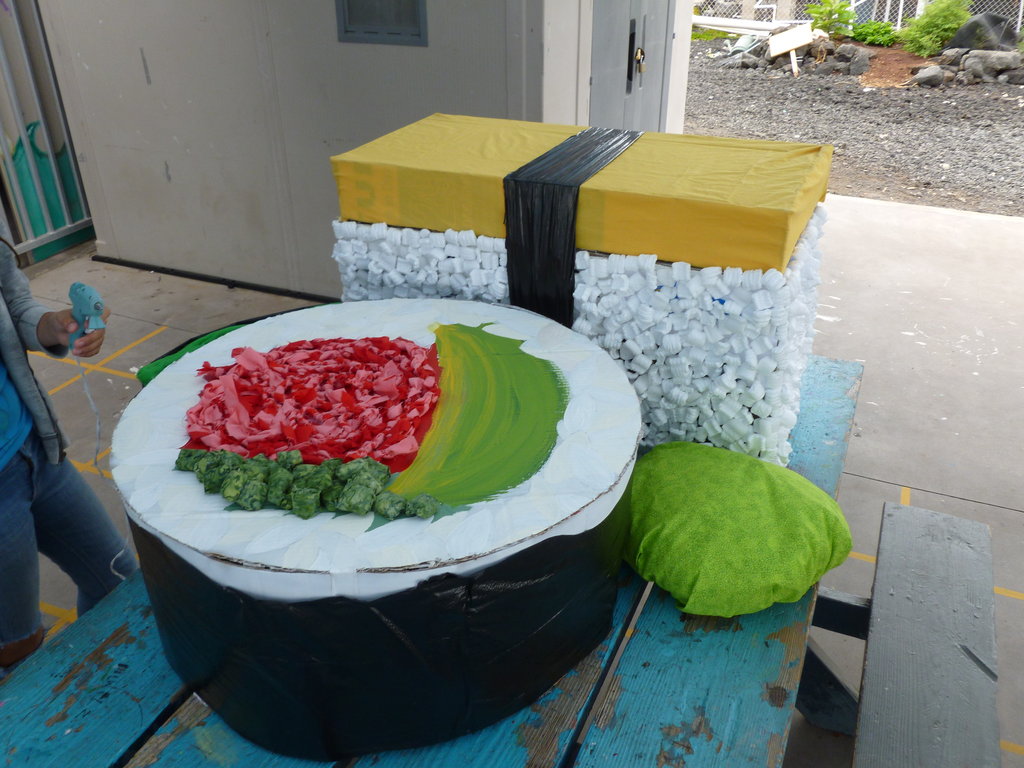I spent the five happiest years of my life in a morgue. As a forensic scientist in the Cleveland coroner’s office I analyzed gunshot residue on hands and clothing, hairs, fibers, paint, glass, DNA, blood and many other forms of trace evidence, as well as crime scenes. Now I'm a certified latent print examiner and CSI for a police department in Florida. I also write a series of forensic suspense novels, turning the day job into fiction. My books have been translated into six languages.
Because trials don't occur, especially for a homicide, for another year or two or three after the crime, when there's no longer a chance to go back and collect other evidence. Confessions can be recanted, videos are never as clear as they look on TV, and everything will be challenged during a trial. And the evidence can be twisted. I had a guy who confessed to three different people the night of the crime, and then a year later went to trial and pled not guilty.
Wow, best of luck!! I would suggest you Google the heck out of the facility and find out everything you can about what they do—if it’s a state lab, what kind of evidence they accept from the state agencies. They probably test for illegal drugs, but are they testing the actual drugs seized, or bodily fluids from arrested people, or blood/urine/gastric samples from medical examiners or coroners offices—or all three. If you can’t find the information then that’s a good and reasonable question to ask. They’re sure to ask you what kind of instrumentation you’ve worked with, in class or in an internship, etc.—GC Mass Spec, IR, etc., how much experience and what kind of samples you tested. PS If it’s not posted you might want to ask about hours and/or overtime. They might be 9-5 M-F or they might be 24/7, depending on the size and location.
Best of luck!!
Yes, certainly. I didn't manage to find the one piece of evidence that solved the whole thing, but I have worked on several. In my department a double homicide finally broke open after 30 years: https://www.news-press.com/story/news/crime/2020/10/01/joseph-zieler-suspect-two-cape-coral-homicides-seeks-dna-expert/3584935001/
Any agency can use whatever requirements they want, so some (like mine) require only a high school diploma (but give extra points for advanced degrees, so we all have degrees). Some might require a Bachelor’s in any subject but give more points for forensic training—or not. The only way to know is check their job postings. Best of luck!
Hotel Employee
 Can you give guests room upgrades at your sole discretion?
Can you give guests room upgrades at your sole discretion?
Bouncer
 How often would you find yourself in real danger?
How often would you find yourself in real danger?
Sushi Chef
 How do sushi chefs tell when a fish has gone bad? Is it just the smell?
How do sushi chefs tell when a fish has gone bad? Is it just the smell?
Arson investigations, bitemarks...though those might be difficult to do experiments on. Best practices for visualizing superglued fingerprints depending on the surface? Genealogical tracing?
Best of luck!
I don’t really know, but at the coroner’s office I worked at I was told that our coroner was actually the highest law enforcement officer, technically, in the county. She was the only person who could arrest the sheriff if necessary. That never became necessary though so I don’t know how it would actually work.
That is a great question that I can’t answer! So sorry, but I never worked with a GC or Mass Spec. That was the toxicology department.
-OR-
 Login with Facebook
Login with Facebook (max 20 characters - letters, numbers, and underscores only. Note that your username is private, and you have the option to choose an alias when asking questions or hosting a Q&A.)
(A valid e-mail address is required. Your e-mail will not be shared with anyone.)
(min 5 characters)
By checking this box, you acknowledge that you have read and agree to Jobstr.com’s Terms and Privacy Policy.
-OR-
 Register with Facebook
Register with Facebook(Don't worry: you'll be able to choose an alias when asking questions or hosting a Q&A.)